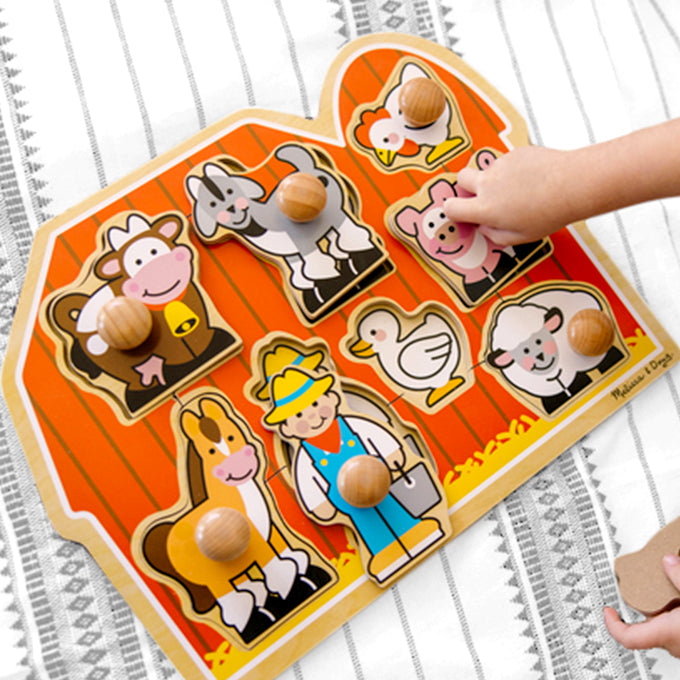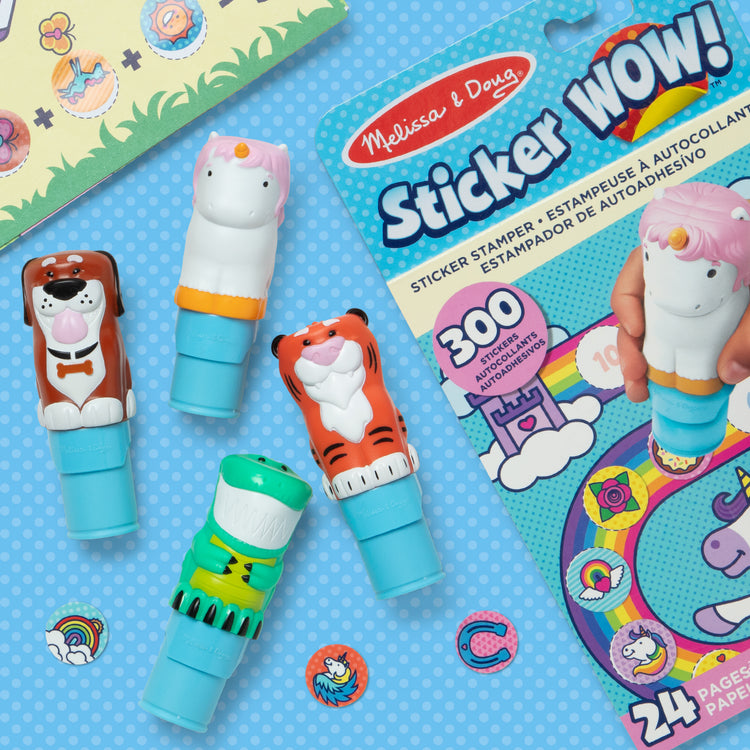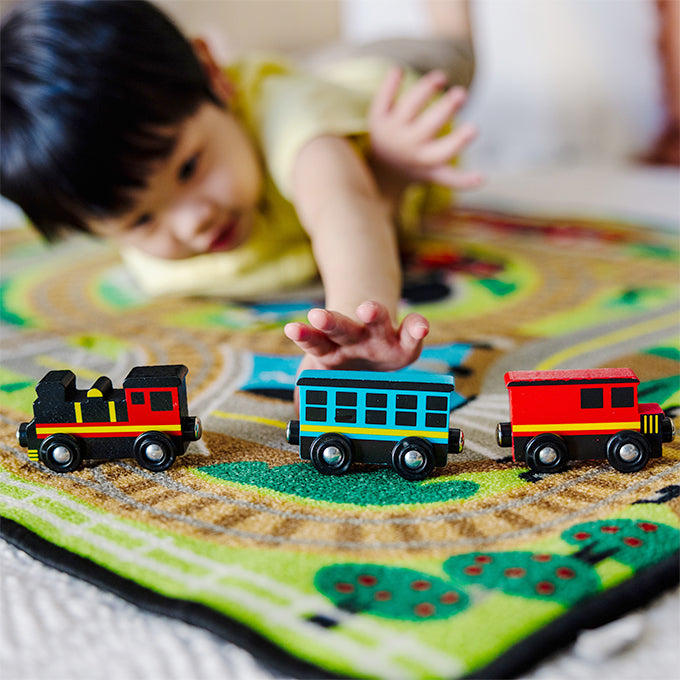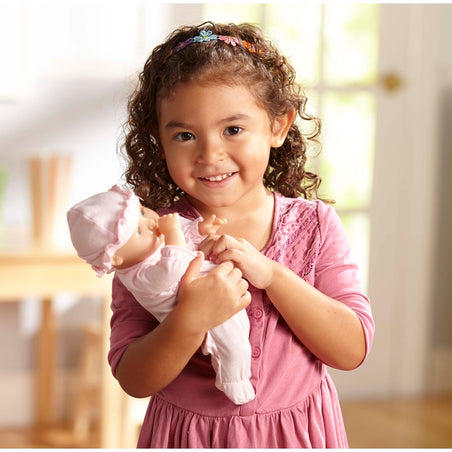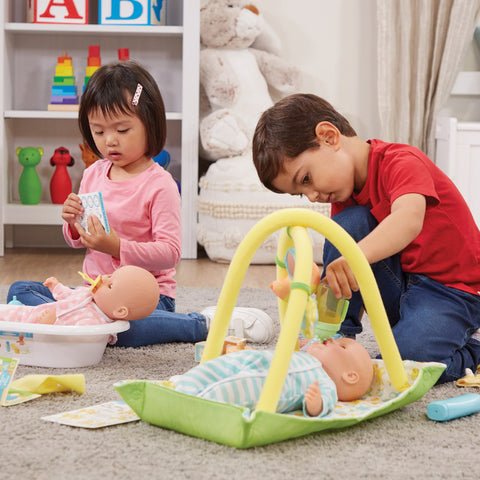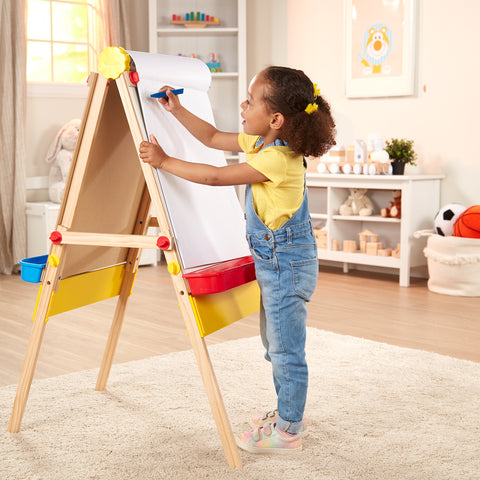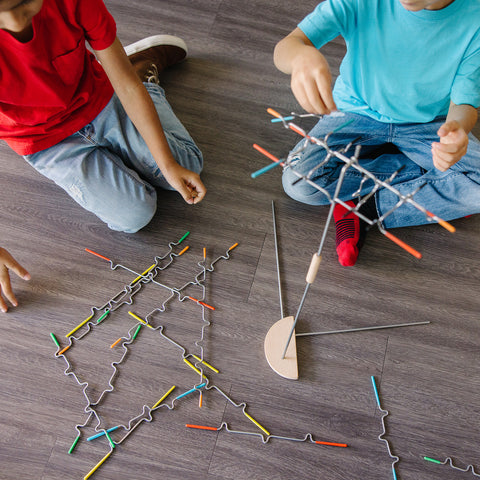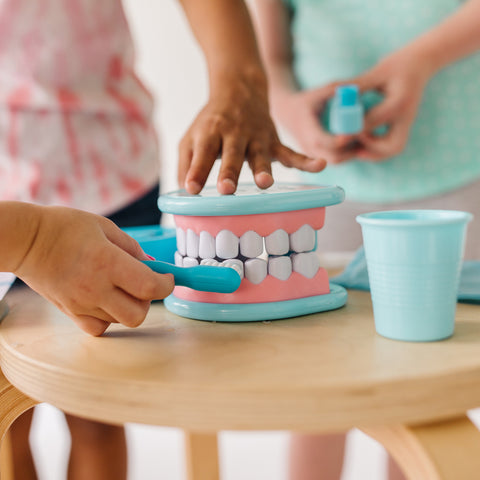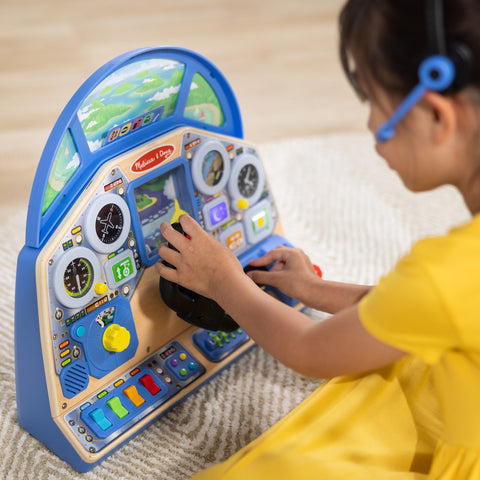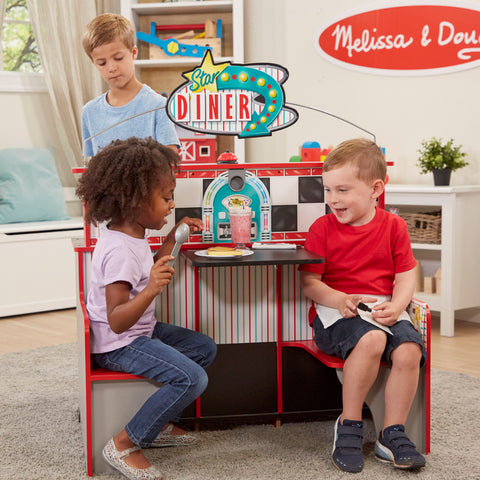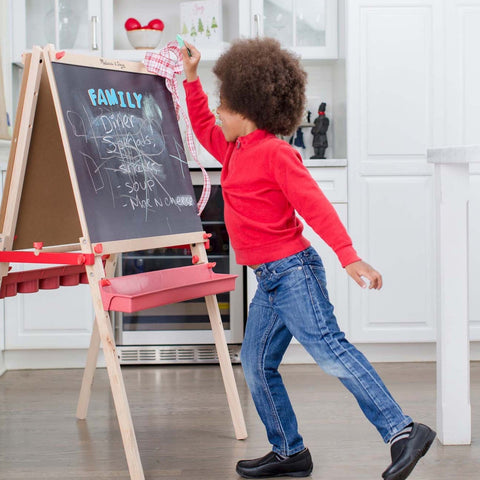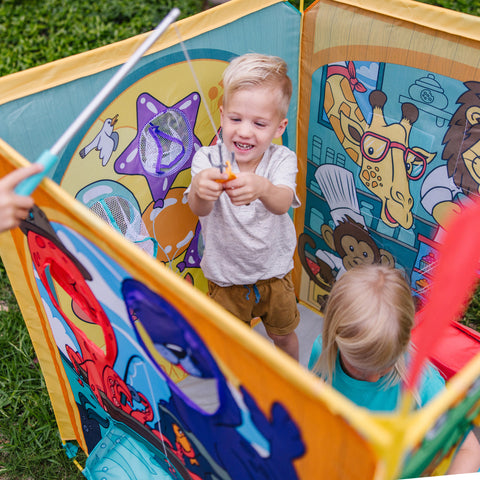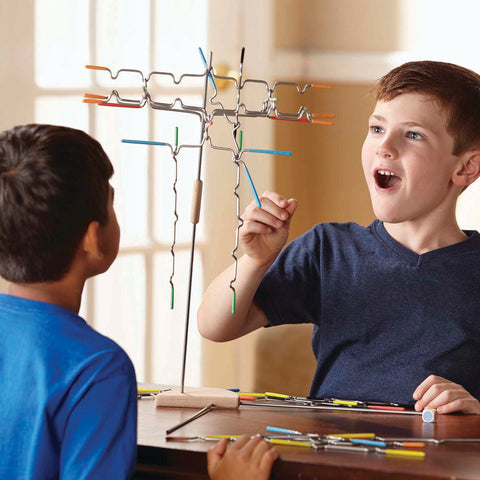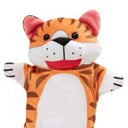What is Emotional Intelligence?
Emotional intelligence is a phrase that gets tossed around quite a bit. But what does it actually mean, and how does it pertain to your child and their playtime? Emotional intelligence refers to a person being able to recognize, understand, and manage their emotions, as well as respond appropriately to the emotions of others.
These skills are crucial because we need to communicate with others in a variety of contexts throughout our daily lives. Developing emotional intelligence in children helps them cope with their ever-changing world. Empathy, self-awareness, effective communication, and basic social skills are the building blocks for making informed decisions, creating meaningful relationships, and navigating a complicated world.
The Role of Play in Emotional Development
Play is a natural way for kids to explore and understand their emotions and how to handle the emotions of others. It can take many forms such as physical, imaginative, or constructive play. Certain toys can significantly impact your child’s emotional intelligence, and help prepare them for a balanced and successful life.
Think of this blog as a guide to help you choose and implement Melissa & Doug toys that foster self-awareness and significantly contribute to your child’s emotional development.
How Toys Impact Emotional Development
Social-Emotional Toys
Interacting with dolls or stuffed animals can help children build empathy and nurturing skills. These types of toys naturally lend themselves to scenarios in which children mirror real-life relationships, which in turn can create emotional awareness.
Pretend Play Toys
Pretend play items such as the Melissa & Doug play kitchen, grocery store, barber shop, and doctor activity center provide wonderful settings for multiple children to share, communicate, and engage in collaborative play. Pretend play scenarios such as serving or buying ice cream or pizza naturally create opportunities for children to demonstrate empathy and nurturing behaviors through role playing and storytelling. Even puppets help promote empathy, self-expression, and understanding different points of view.
Art Supplies
Creative activities such as painting and drawing help children freely express their emotions and develop self-awareness.
Games
Games that require cooperation and teamwork can promote emotional bonding and social awareness as children navigate shared challenges and work together toward common goals. Classic games can also contribute to a child’s emotional skills through several avenues including patience, adaptability, conflict resolution, and celebrating successes.
Tips for Parents & Caregivers for Choosing the Right Toys
It’s important to select toys that are appropriate for your child’s age, stage of development, learning ability, and interest level. The toy should be challenging enough to encourage growth, but not so difficult that it creates frustration. Switching out types of toys helps to build emotional awareness from different angles such as promoting teamwork, creative expression, nurturing, and storytelling.
Toys can be powerful tools for nurturing your child’s emotional intelligence, preparing them for success in life as they grow and develop. Encouraging this type of development at a young age can be less daunting by selecting toys that elicit self-awareness, self-regulation, motivation, empathy, and social skills.
Look for More Melissa & Doug Toys That Support Emotional Intelligence
Social-Emotional
Pretend Play
Jet Pilot Interactive Dashboard
Star Diner Restaurant Play Set
Art Supplies
Deluxe Magnetic Standing Art Easel
Created by Me Flower Fleece Quilt
Games
Fun at the Fair Game Center Play Tent
Click the links below for more great toy content from Melissa & Doug!
Melissa & Doug Gift Finder by Age
Shop Melissa & Doug eGift Cards
Join Melissa & Doug Play Perks Rewards Program
Made to Re-Love: Give the Gift of Timeless Toys
The Magic of Independent Play in Toddlers & Preschoolers




